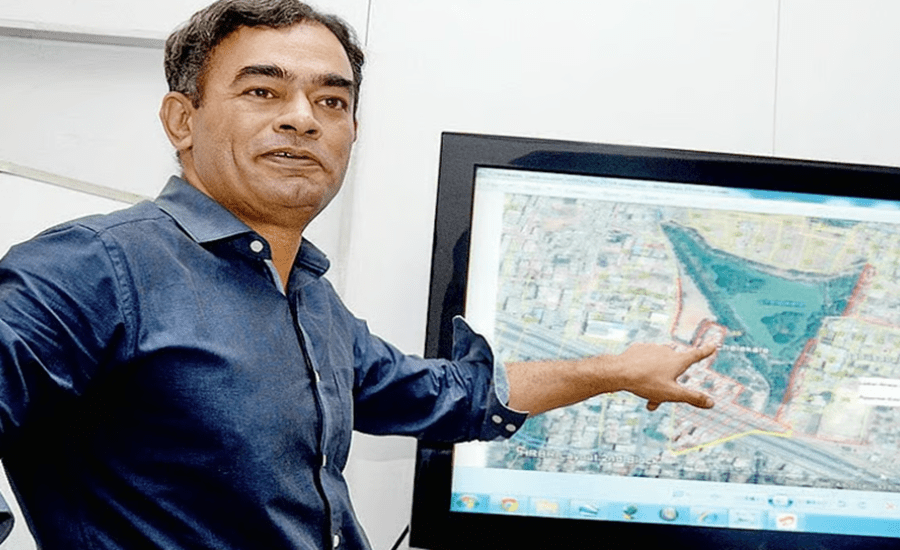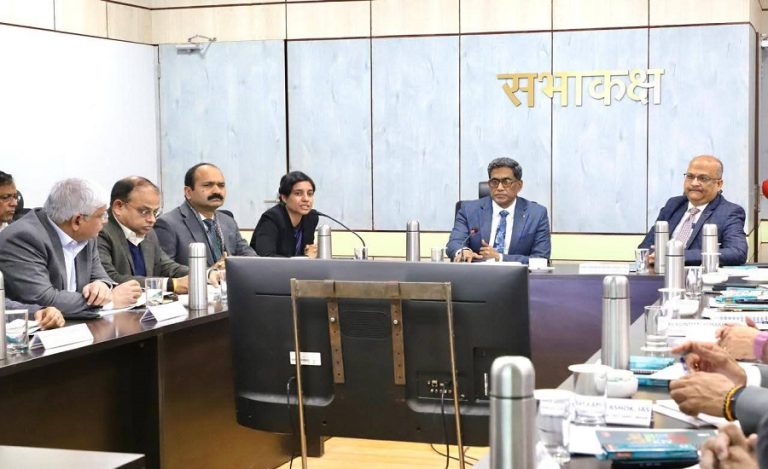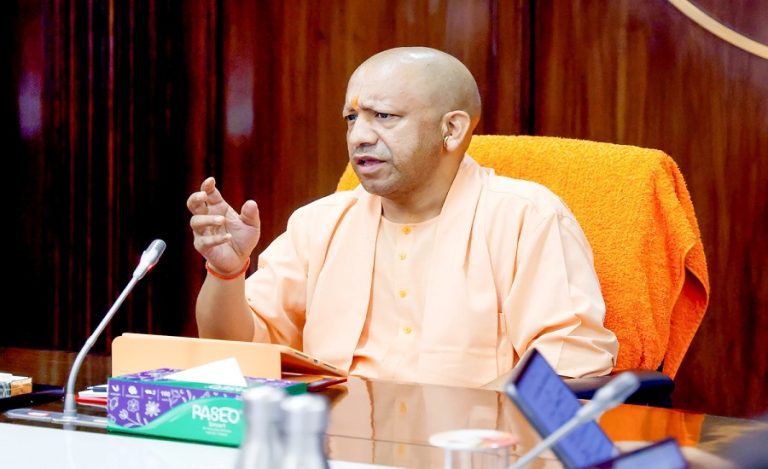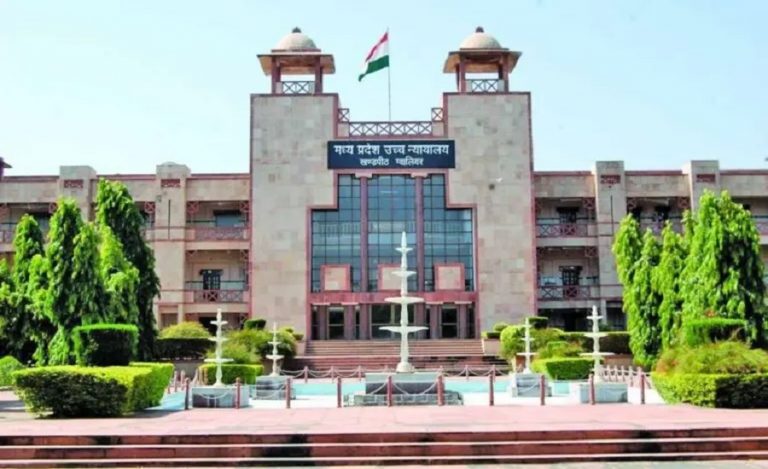In a development that has stirred conversation across bureaucratic and civic circles, Senior IAS officer Mr. Munish Moudgil — a 1998-batch officer from the Karnataka cadre and one of the officials supervising the Greater Bengaluru Area (GBA) caste survey — was marked as having “refused” to participate in the ongoing enumeration exercise.
According to sources, survey enumerators visited Mr. Moudgil’s Vasanthnagar residence at least three times but found the premises locked. They were unable to contact him by phone and, following protocol, eventually marked the entry as a refusal in the official data collection app.
Officer Responds: “Already Submitted Online, No Refusal Involved”
Clarifying his position, Mr. Moudgil explained that he had already submitted his information through the online self-enumeration portal made available by the government. “I start my day at 8 am and return home around 10 pm. I had no idea the enumerators had come,” he stated. “This seems to be a deliberate attempt by mischievous elements to create an issue where there is none.”
Mr. Moudgil, who is also overseeing revenue generation, e-khata services, and electoral roll preparations, added that such procedural misunderstandings could erode public confidence in administrative processes.
Structural Challenges in Urban Enumeration
The incident has cast a spotlight on the systemic challenges of conducting door-to-door surveys in high-density urban areas like Bengaluru. Several citizens, particularly working professionals, have expressed concern that the survey timings — originally ending at 6 pm — did not accommodate their work hours. In response, GBA officials recently extended the daily enumeration window until 9 pm.
Despite these adjustments, Bengaluru remains at the bottom in terms of district-wise survey progress across Karnataka, prompting the government to re-evaluate enumeration strategies.
Protocol Overhaul Likely
Experts suggest that the misclassification in Mr. Moudgil’s case indicates a need to strengthen back-end verification systems to cross-check online self-enumeration entries before marking field statuses. As more citizens opt for digital submission, ensuring integration between offline and online data records becomes vital for survey accuracy.
The state’s caste survey, one of the most ambitious socio-demographic exercises in recent times, aims to map caste, socio-economic, and geographic indicators to inform future welfare policies and resource allocation frameworks.
Also Read: IAS Sanjeev Hans Bail Granted: Patna High Court Cites Procedural Fairness and Weak Prosecution Links




























